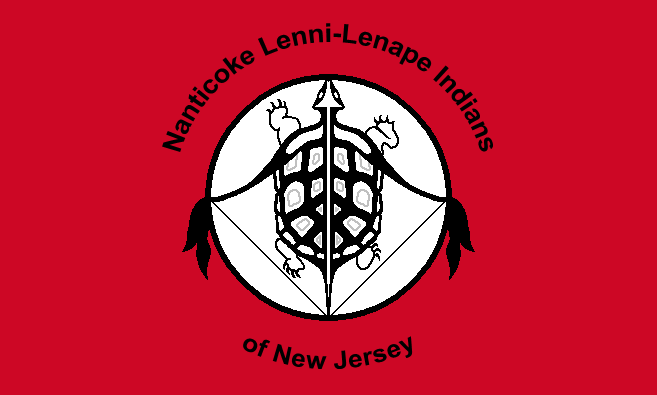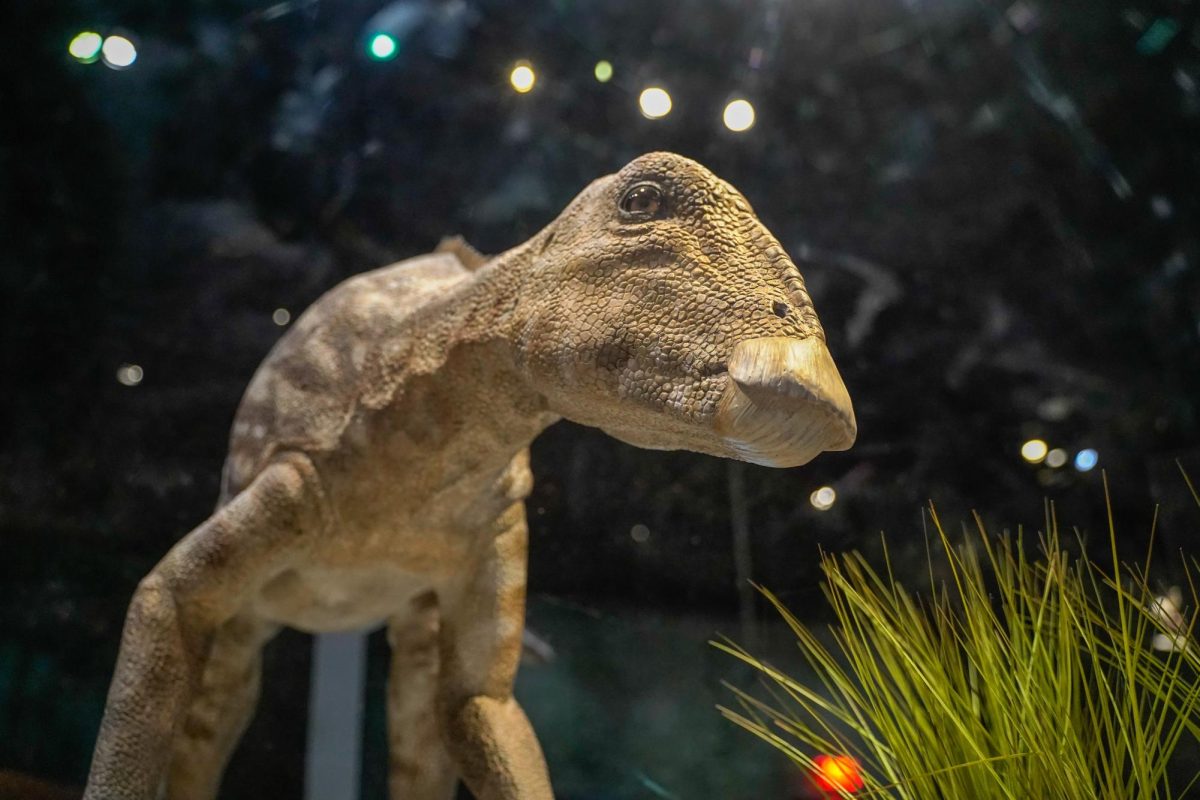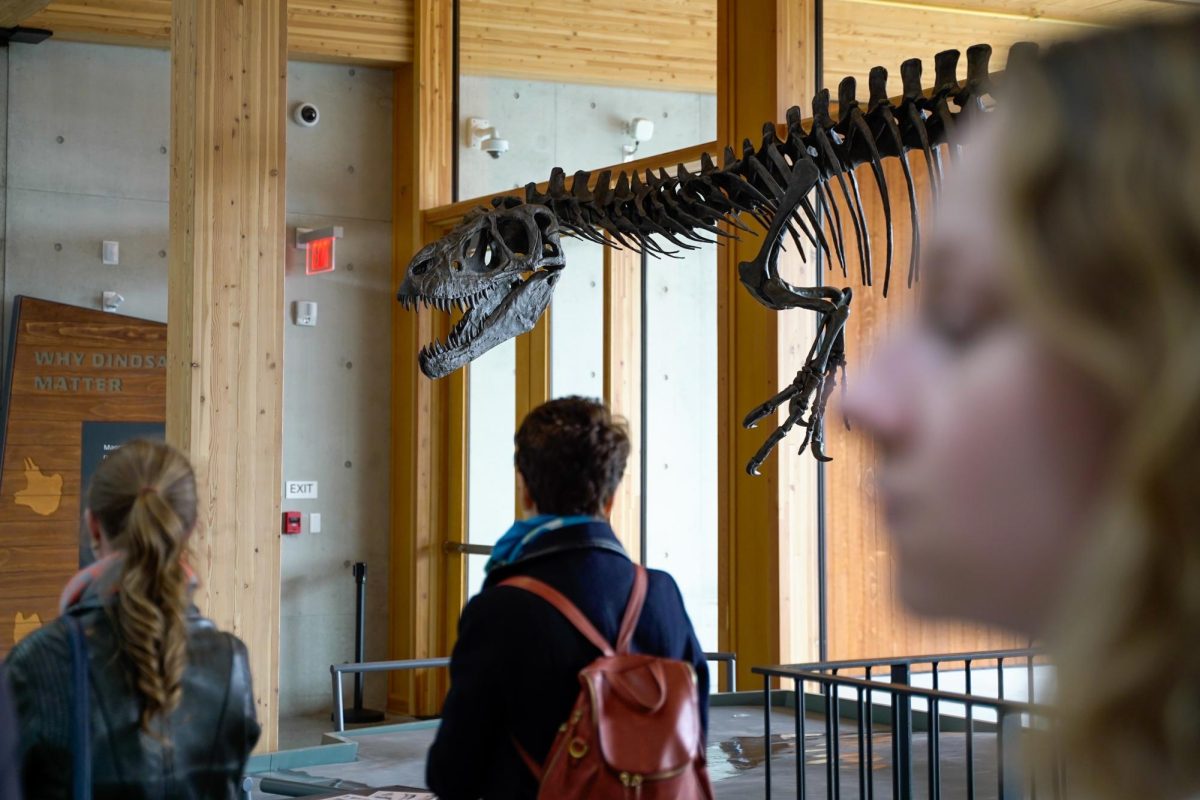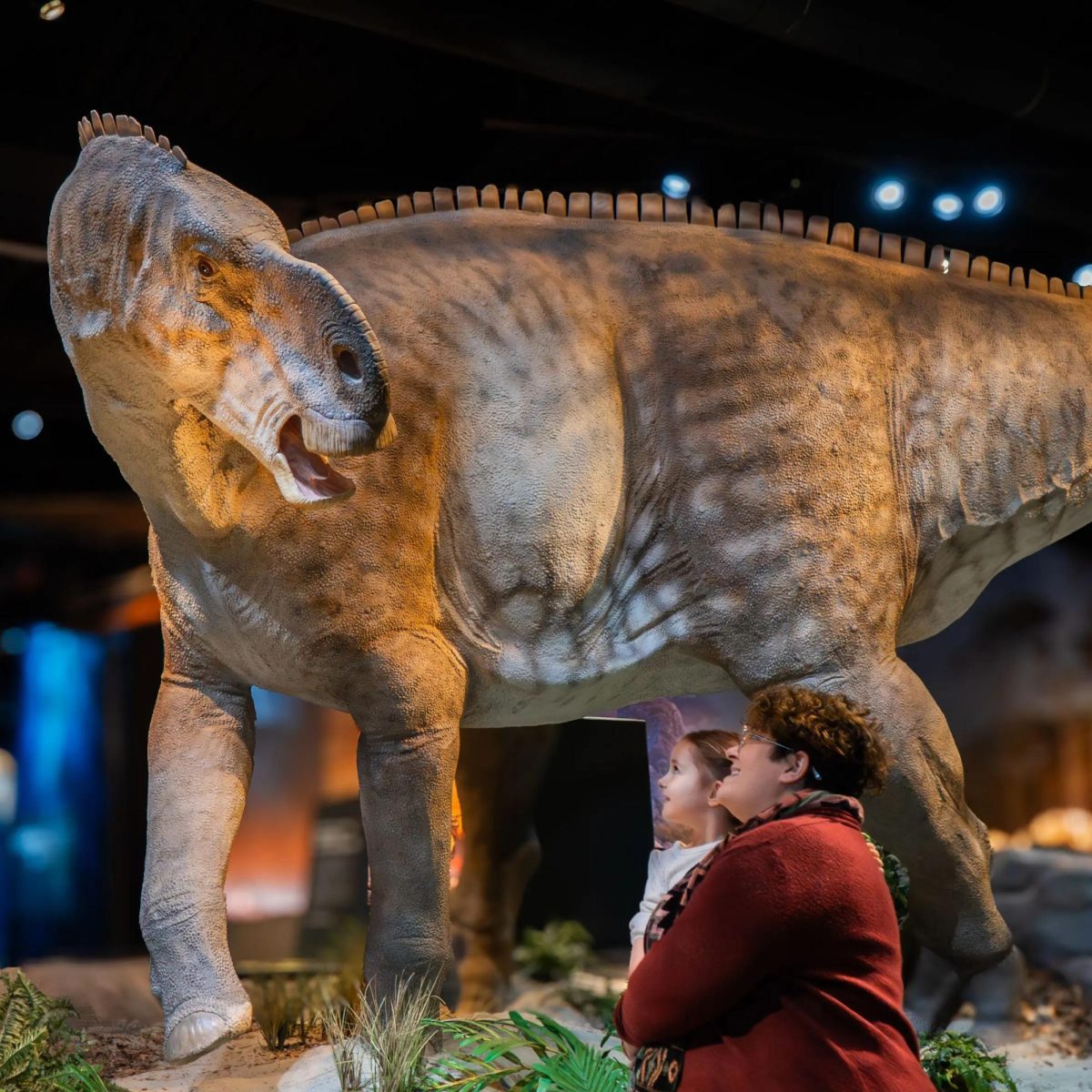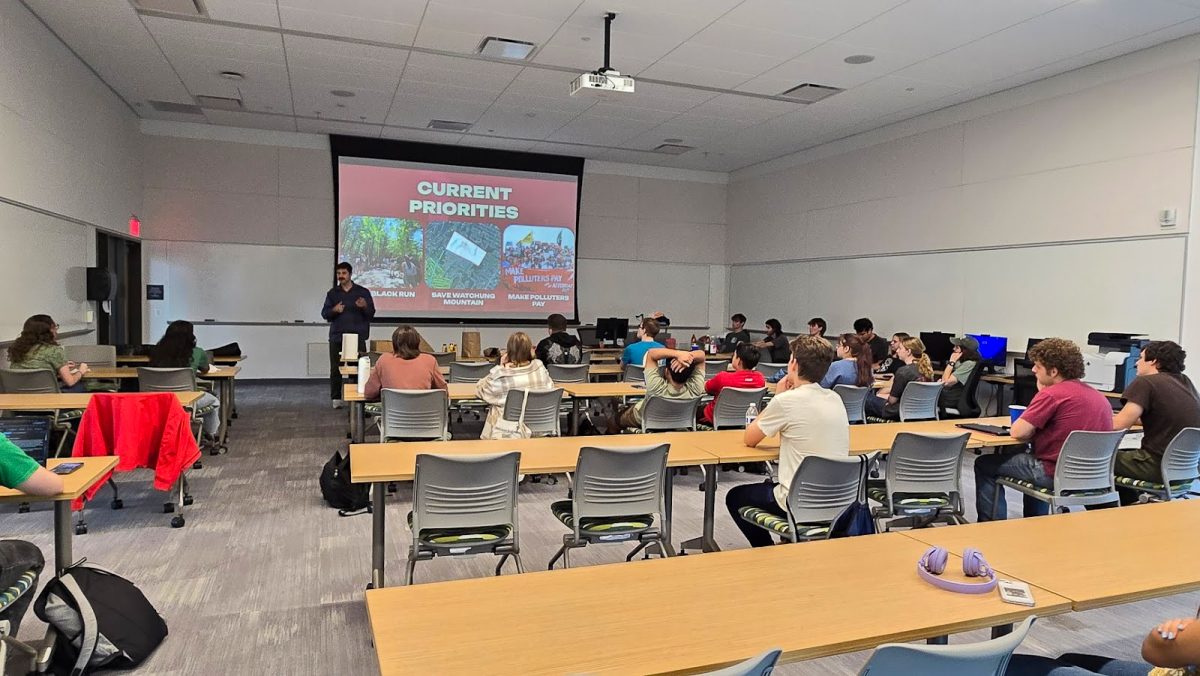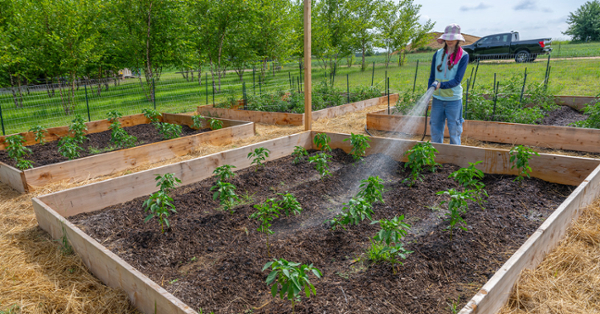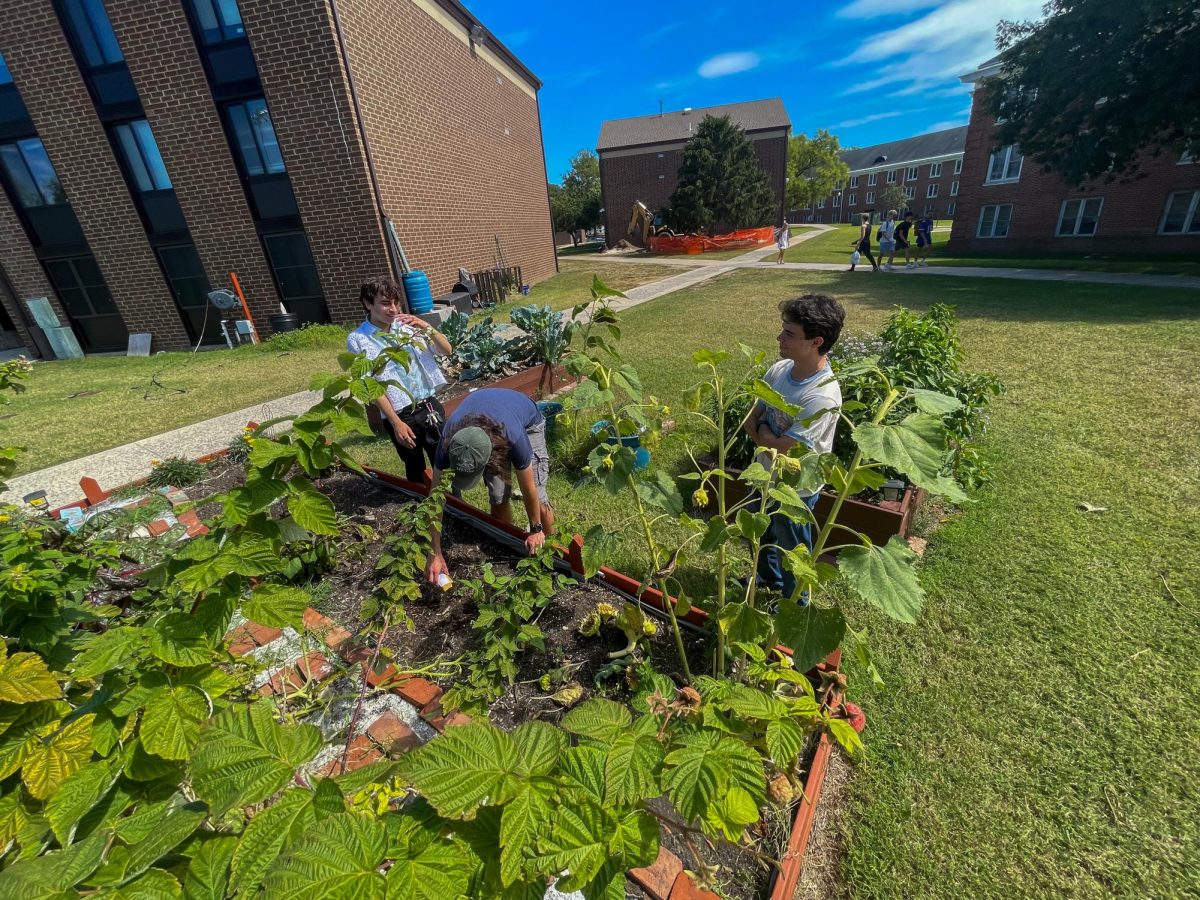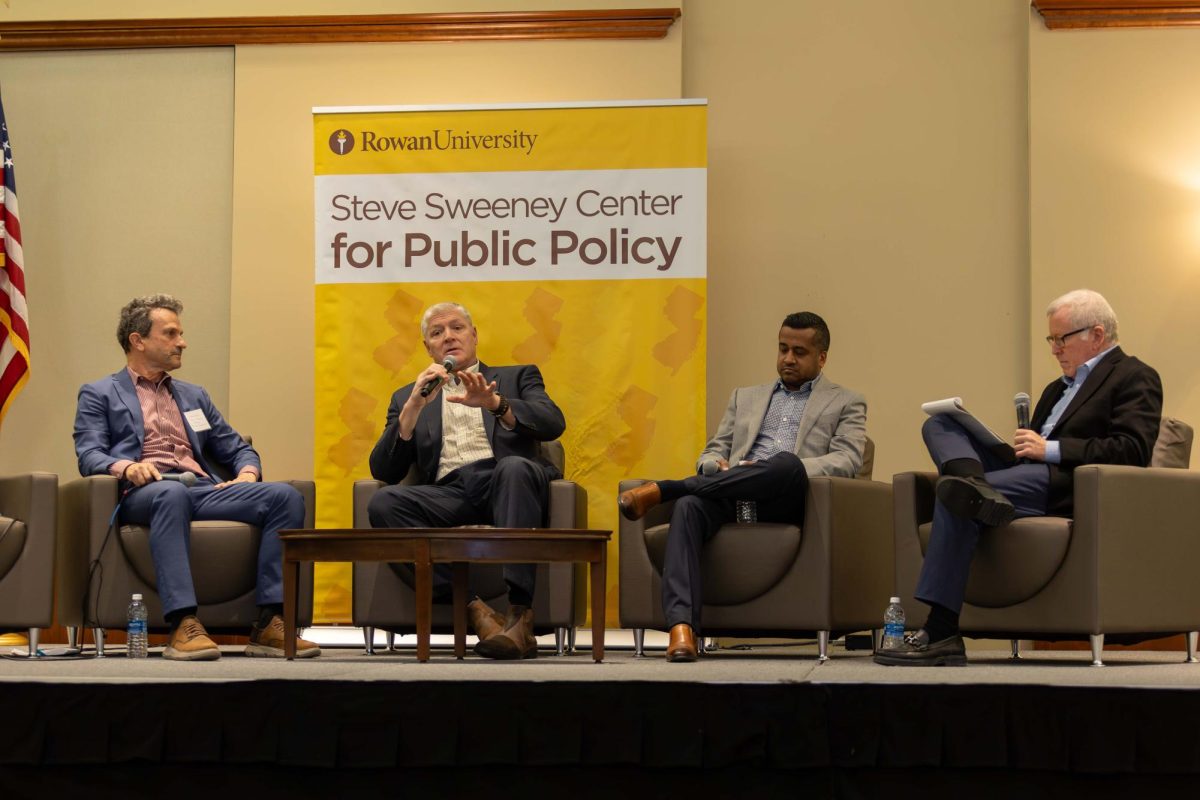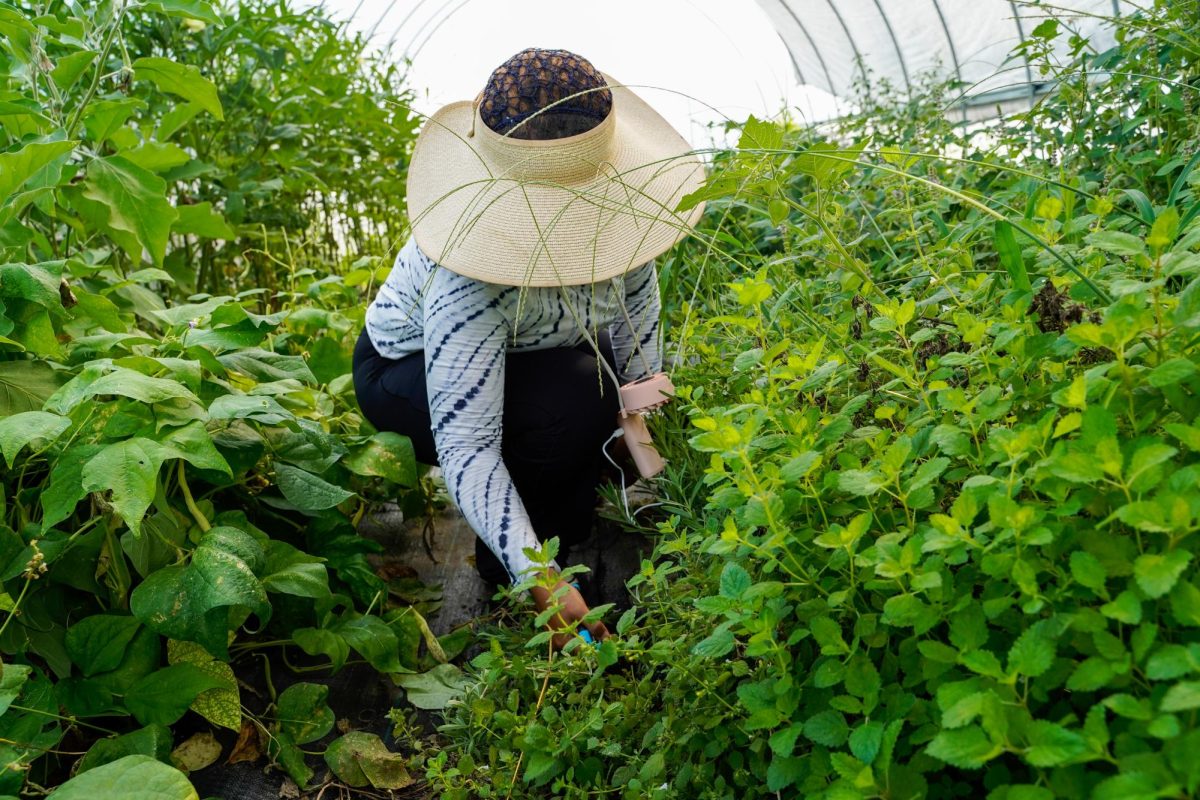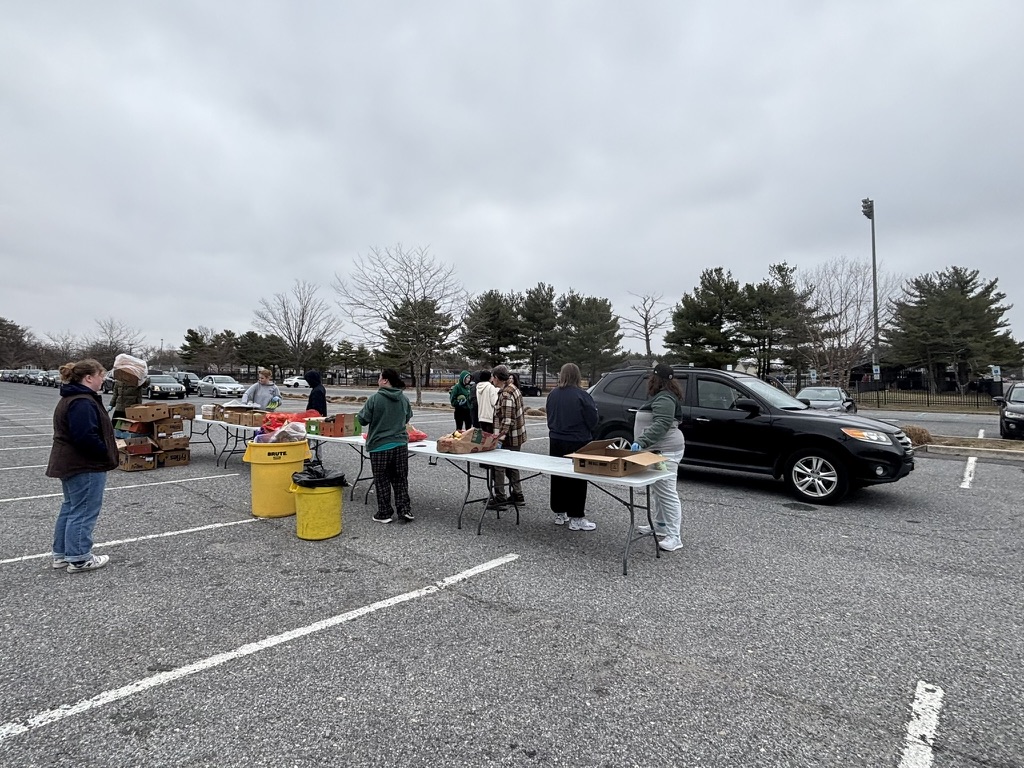By Kalie VanDewater | Sept. 11, 2019
On Tuesday, Sept. 19, Carla Messinger, the director of Native American Heritage Program in Allentown, will delve into some of the widely unknown impacts of climate change and the perspective of Native Americans on it, in a presentation called “America’s Original People — Keepers of the Land and Water.”
“This topic is important because people don’t realize what we don’t have left, in the way of water, air, safe land to use for farming,” Messinger said. “It’s been going on for a really long time, centuries in fact.”
This is part of a project started by Dr. Dustin Crowley and Dr. Jordan Howell, called Cultivating the Environmental Humanities. Crowley and Howell, faculty members of the College of Humanities and Social Sciences and the School of Earth and Environment respectively, began the project in 2017.
The pair were awarded a grant from the National Endowment for the Humanities to bring their ideas to fruition.
The three-year project, which is in its final year, has been an effort to bring together STEM and humanities disciplines to combat and raise awareness about environmental problems, in the form of environmental humanities.
Dr. Crowley, a professor of English said, “One of the ideas that environmental humanities focuses on is the fact that while environmental and ecological problems will affect everyone, they don’t affect everyone the same way, and there are definitely certain communities, among them the Native communities, that feel the effects of this differently, in some ways more deeply.”
Read Full Story on The Whit Online
This story is part of The Whit’s participation in a statewide climate reporting collaboration with members of the NJ College News Commons, a network of campus media outlets working together to cover the climate crisis in New Jersey.

